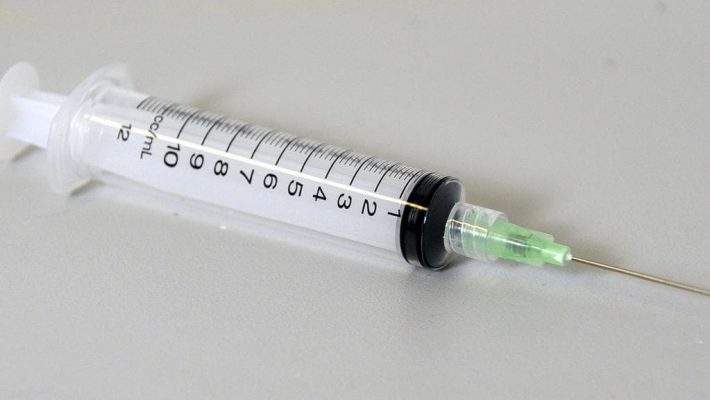Doris Uzoka-Anite, Nigeria’s Minister of Trade and Investment has confirmed that the Federal Government has started a procedure to enhance domestic manufacturing of syringes, needles, and other medical supplies in the nation.
Speaking on Tuesday in Abuja to members of the Medical Device Manufacturers Association of Nigeria, Aniete stated that the government was prepared to remove regulatory obstacles impeding the industry while enhancing the capabilities of regional manufacturers.
According to her, President Bola Tinubu gave the ministry the order to immediately remove any barriers preventing the sector’s growth so that Nigerians would have cheaper, higher-quality access to these medications. This will alter the landscape and allow the medical device industry to reach its full potential.
She clarified that this would assist in bridging the gap left by the departure of overseas manufacturing enterprises because of the unfavorable economic climate.
The regulation was announced months after Sanofi, a British pharmaceutical business, and other healthcare organizations shut down operations in the nation due to a lack of foreign exchange.
The minister added that in order to prevent the departure of foreign manufacturing enterprises, a backward integration program with alluring incentives will be investigated.
“The President has given us the mandate to solve every issue in Nigeria, particularly those that impact manufacturers across all economic sectors,” the woman stated. And to better grasp the issues, we explicitly brought up the healthcare sector at the most recent FEC meeting. And we’ve been given the order to rectify it as soon as feasible.
The President wants to make sure that the cost of produced goods declines and that more individuals have access to these high-quality, reasonably priced medications.
“We have just cleared the way for the health instrument sector to demonstrate that the government is prepared to remove any upcoming obstacles in Nigeria’s manufacturing, industrialization, or real sector.”
The minister went on, “I can only tell you that whatever we discuss here will be taken and hastened, now that we have the presidential backing to repair it as swiftly as possible. We simply need to make some policy modifications for some of these issues. These issues may not seem like major ones, but if we can identify them, figure out how to address them, and develop the appropriate policies, we can solve them and help the nation develop.
We have created a backward integration program that includes regulations affecting medical devices as well as the provision of healthcare as a whole. With the Federal Executive Council’s consent, we will shortly begin that program. When it comes to the medical device business, I have no doubt that complete capacity utilization will be revolutionary. There will be plenty of incentives to incentivize and appealing incentives to support the sector.
According to Tunji Alausa, the minister of state for health, the goal of the FG is to shift the focus from syringe importation to domestic manufacturing.
“We have had a strong importation of needles and syringes into Nigeria over the past few years, while our local manufacturing companies suffer,” he said.
“The objective is to lower the national costs of medical supplies and pharmaceutical items. We have talked about the difficulties, looked at doable solutions where we can start seeing some immediate results, and reviewed both the medium-term and urgent answers that we will be putting into the executive order the president has requested us to work on.
“We have taken care of every issue that will lead the industry to a sustainable path where they can start offering our citizens long-term, well-paying jobs and make sure we have high-quality syringes and needles that won’t hurt them when they visit our hospitals and facilities for care.”
“We would like to thank both ministers and Mr. President for the executive order to protect,” stated Mr. Akin Oyeniran, Managing Director of Afrimedical. This marks the start of the industry’s advancement. The economy will be impacted by the endeavor.
“The government has demonstrated their will to revive the business, and the conference was excellent and highly productive.
“We have been able to present our problems to them, and they have quickly identified a solution and are working on it.”
“With this, we hope the boom will return and the industry will resume supplying to other countries.” Nigeria is the hope for supply for other West African regions.


